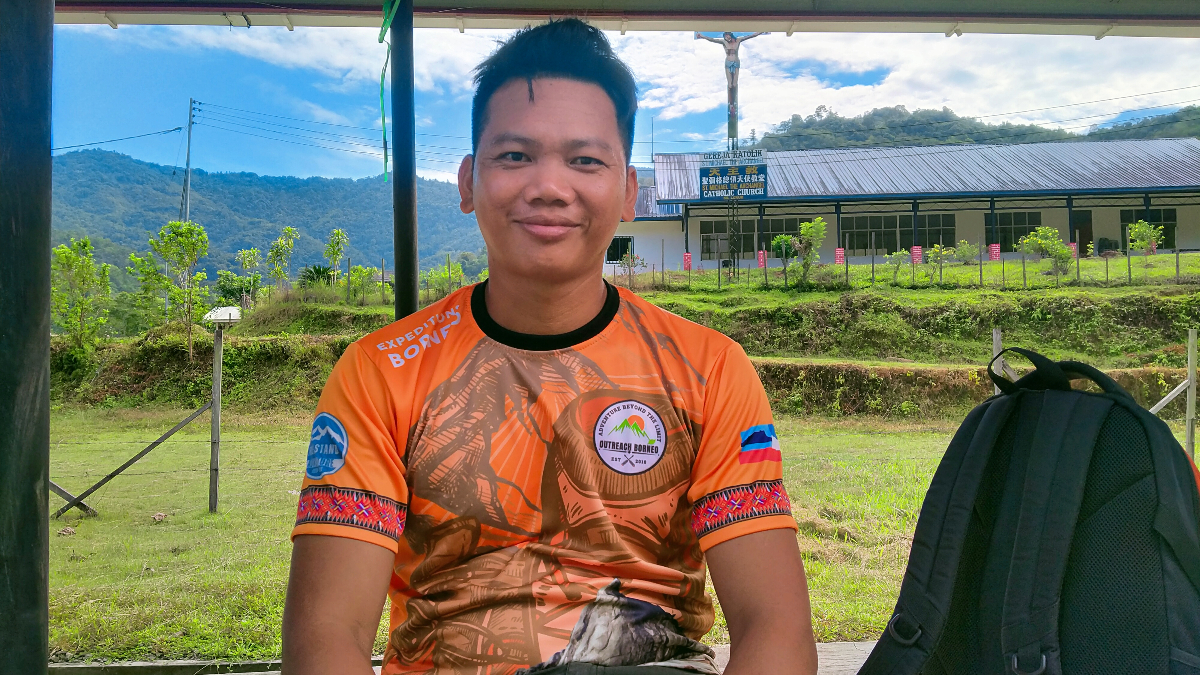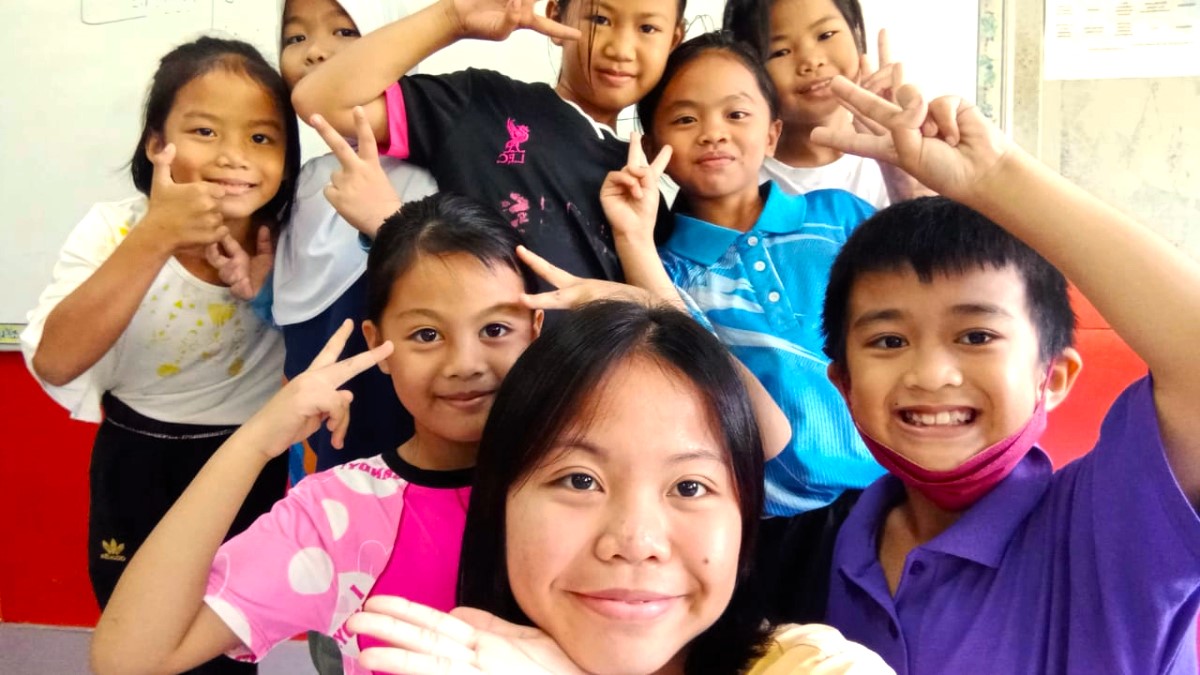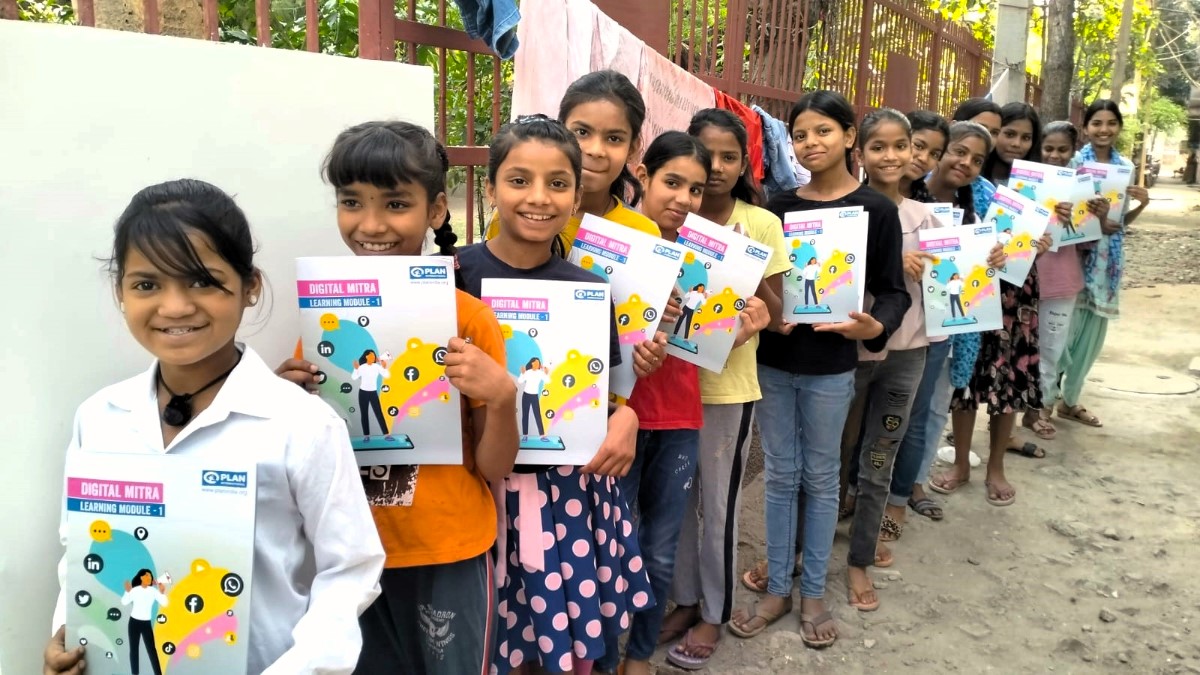 With the experience and the burning desire to help improve and uplift the lives of the tribal communities, Pandi set up the Social Work Organisation (SWO) in May 2004.
“Introducing solutions using low-cost technology makes a difference. For example, most of the tribal people get their drinking water from the Godavari River which gets polluted especially after flooding. So, we trained them on how to filter water with low-cost and easily available materials such as sand, gravel and rice husk. We also introduced a solar powered cold storage system to store and preserve vegetables and fruits for the long term,” he said.
With the experience and the burning desire to help improve and uplift the lives of the tribal communities, Pandi set up the Social Work Organisation (SWO) in May 2004.
“Introducing solutions using low-cost technology makes a difference. For example, most of the tribal people get their drinking water from the Godavari River which gets polluted especially after flooding. So, we trained them on how to filter water with low-cost and easily available materials such as sand, gravel and rice husk. We also introduced a solar powered cold storage system to store and preserve vegetables and fruits for the long term,” he said.
“All that they needed was value addition to strengthen the existing livelihood options and add new ones, if possible. Their needs are basic but operationally very challenging,” described Ramesh.
 Ramesh decided to focus on forest-based livelihood improvement and due to his close rapport with the tribal community, his initiatives were welcomed.
“Livelihoods have to be sustainable. They cannot be seasonal, nor can they depend on factors external to the community. Sustainable livelihood is the answer to the many issues they faced,” said Ramesh who introduced the idea of forest-based entrepreneurship and the formation of producer groups.
Focusing on capacity building and chain management to make the current practices efficient and reliable, Pandi saw an improved quality in the products, introduction of new products and better prices which makes marketing the products easier.
With some guidance, the tribal communities who were highly dependent on products such as honey, tamarind and bamboo, produced handicrafts such as decorative lights, pen stands and flower stands, as well as honey packaging in bottles. They also learned to process and package tamarind in such a way that it could be stored longer, thus helping them to generate more income.
Ramesh also introduced and provided seeds for vegetable and flower cultivation.
Ramesh decided to focus on forest-based livelihood improvement and due to his close rapport with the tribal community, his initiatives were welcomed.
“Livelihoods have to be sustainable. They cannot be seasonal, nor can they depend on factors external to the community. Sustainable livelihood is the answer to the many issues they faced,” said Ramesh who introduced the idea of forest-based entrepreneurship and the formation of producer groups.
Focusing on capacity building and chain management to make the current practices efficient and reliable, Pandi saw an improved quality in the products, introduction of new products and better prices which makes marketing the products easier.
With some guidance, the tribal communities who were highly dependent on products such as honey, tamarind and bamboo, produced handicrafts such as decorative lights, pen stands and flower stands, as well as honey packaging in bottles. They also learned to process and package tamarind in such a way that it could be stored longer, thus helping them to generate more income.
Ramesh also introduced and provided seeds for vegetable and flower cultivation.
 “Now we have beans, cucumber, tomato, chilies, drumstick and flowers such as jasmine and kanakambaram or firecracker flower,” he said.
Pandi Ramesh also conducted workshops on Displacements and Resettlement Rights and Acts for the displaced tribal community members to help them understand their rights and the compensations due to them. He also established One Mahatma Gandhiji Tribal entrepreneur training centre where sewing machines are provided and trainings are held.
“Now we have beans, cucumber, tomato, chilies, drumstick and flowers such as jasmine and kanakambaram or firecracker flower,” he said.
Pandi Ramesh also conducted workshops on Displacements and Resettlement Rights and Acts for the displaced tribal community members to help them understand their rights and the compensations due to them. He also established One Mahatma Gandhiji Tribal entrepreneur training centre where sewing machines are provided and trainings are held.
“Through this, we created livelihoods for the community by training the women and girls in tailoring and embroidery. Now, they are making face masks to help stop the spread of coronavirus,” he added.
 “All these have to go on long-term and must be internalised by the tribal community to realise the vision of self-sufficiency. Although I have 15 years of experience in livelihoods and sustainability, I still have a long way to go,” said Pandi, whose long-term plan is to establish a food processing plant that will be collectively owned and managed by the tribal folks.
“Running the NGO had its own challenges. My evolution as a social worker has had grey days too. I survived on simple, low cost, street food and even borrowed money for my work now and then. My family put up with all these struggles, but now, when I see tribal people happy and empowered with a vision for themselves, I am contented,” he said.
Ramesh was awarded the Sadguru Gnanananda Fellowship project of Manava Seva Dharma Samvardhani Trust (MSDS). Under the fellowship, Pandi Ramesh and two other social entrepreneurs are sponsored by RYTHM Foundation since October 2016 to help them build their programmes and turn them into a sustainable source of income.
The other two social entrepreneurs were Hejang Misao and Tiruppathi Perumal.
READ: Tribal Women in Manipur Make A Living As Beauticians With Help From RYTHM Funded Social Entrepreneur
READ: RF Funded Social Entrepreneur Thirupathi Perumal Changes The Economic And Social Fabric Of Tribal Farmers – RYTHM Foundation
The individuals were provided with a monthly fellowship, to help them build their respective projects to benefit their communities.
RYTHM Foundation supported their entrepreneurship journey until they could stand on their own to fully implement everything they have learned for their projects.
“All these have to go on long-term and must be internalised by the tribal community to realise the vision of self-sufficiency. Although I have 15 years of experience in livelihoods and sustainability, I still have a long way to go,” said Pandi, whose long-term plan is to establish a food processing plant that will be collectively owned and managed by the tribal folks.
“Running the NGO had its own challenges. My evolution as a social worker has had grey days too. I survived on simple, low cost, street food and even borrowed money for my work now and then. My family put up with all these struggles, but now, when I see tribal people happy and empowered with a vision for themselves, I am contented,” he said.
Ramesh was awarded the Sadguru Gnanananda Fellowship project of Manava Seva Dharma Samvardhani Trust (MSDS). Under the fellowship, Pandi Ramesh and two other social entrepreneurs are sponsored by RYTHM Foundation since October 2016 to help them build their programmes and turn them into a sustainable source of income.
The other two social entrepreneurs were Hejang Misao and Tiruppathi Perumal.
READ: Tribal Women in Manipur Make A Living As Beauticians With Help From RYTHM Funded Social Entrepreneur
READ: RF Funded Social Entrepreneur Thirupathi Perumal Changes The Economic And Social Fabric Of Tribal Farmers – RYTHM Foundation
The individuals were provided with a monthly fellowship, to help them build their respective projects to benefit their communities.
RYTHM Foundation supported their entrepreneurship journey until they could stand on their own to fully implement everything they have learned for their projects.





